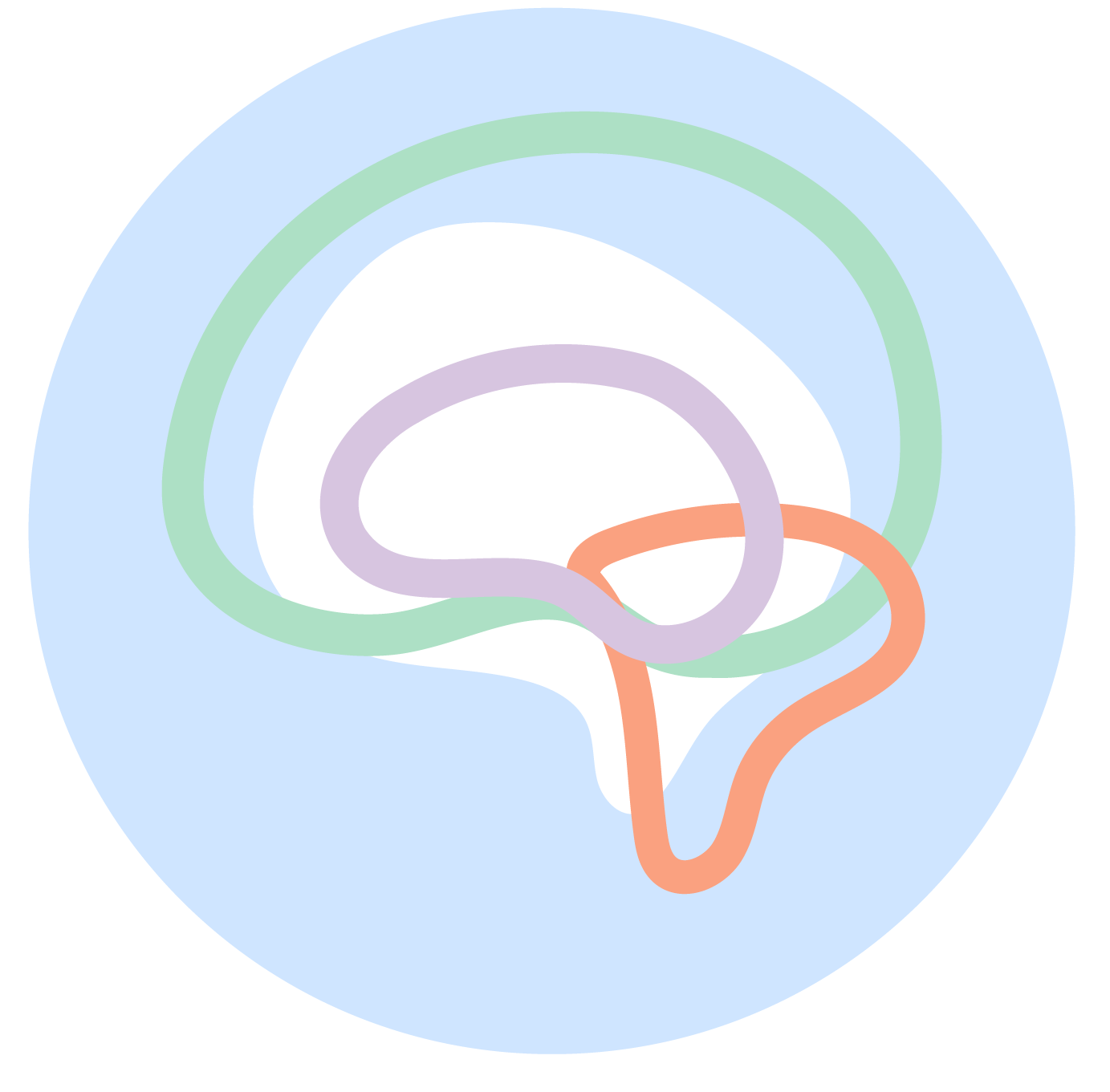Don’t misunderstand my anger: Creative expressions for teens
What is Anger?
Anger is something we all feel at some point and time. Yet, most of us forget that anger is an emotion we can control, not something that controls us. Often, anger is followed by aggression, transforming the emotion into something negative. Rather than approaching anger as a bad thing that one shouldn't feel, it’s important to keep in mind that anger can be a valuable tool that allows us to understand what we like and don’t like, what we need, and what’s missing in our lives. How one experiences and feels anger can vary, but with any emotion, it remains consistent that one needs healthy ways to express their anger.
During puberty and adolescence, changes to hormones and the body can make anger seem like an emotion that’s uncontrollable and all-consuming. It’s completely normal and healthy to feel anger, but it’s important to have healthy ways to cope with these feelings.
Everyone Gets Angry, What’s the Big Deal?
Clinical psychologists from the Child Mind Institute say that “anger is an important part of our emotional lives,” and that what makes it “bad” is how we handle and cope with it.
When anger is suppressed or unexpressed, it can consequently turn inwards on you. The American Psychological Association states that depression, passive-aggressive behavior, and perpetual hostility are just some additional effects of suppressed anger that can cause greater harm mentally, physically, and socially.
You can’t control or get rid of the things or people that make you angry, but you can control how you react and handle your anger. Yelling, throwing things, and putting others down are just some behaviors that can be transformed into healthier coping habits. Let’s take a look at some ways you can cope with anger while also expressing yourself creatively.
Creative Ways to Express Anger:
Color-Based Art: When feeling angry, try coloring, painting, or even scribbling down images or shapes that feel like they represent what your anger feels like. Try using colors that represent how you feel too, for example, a bold red could represent the anger you are feeling. If you are feeling stuck, try asking yourself some questions: Does my anger feel big or small? Does it feel quick or something that is drawn out slowly? Questions like these can help guide how and what you draw/paint!
2. Storytelling and Written Word: Another way to healthily release some anger is to use it as your “inspiration” in what you write. Writing down your feelings of anger could turn into creative products like stories, songs, poems, and more. Try creating storylines where a character experiences feelings of anger and find ways the character can cope or deal with those feelings. In the process of writing, find some words that encapsulate how you feel–this not only helps process your anger, but also validates it!
3. Sculpting/Clay Work: Many times, anger can be relieved through physical movement. Kneading, pounding, and shaping clay, playdough, or other modeling materials can be an outlet to release feelings of anger. One way to combine physical movement and art, is to use the clay in creating pottery, figurines, or jewelry.
4. Music: Playing and listening to music are great ways to release feelings of anger. Try 10 minutes of banging on some drums or strumming a guitar, and allow yourself to feel your anger. Even if you don’t have instruments, you can use pots or pans, fill plastic bottles or tin cans to create makeshift instruments. Don’t feel like playing an instrument? Try listening to some music that channels the same emotions and sing your heart out!
5. Collage It!: Create a collage using pictures and words found in magazines, newspapers, or old letters that feel like they represent your anger. Try also finding pictures and words that describe or represent things you like in general and about yourself–it’s important to keep in mind the positives of yourself and things in your life!
Let’s Recap.
Remember, anger is a completely normal and necessary human emotion. Anger becomes a negative emotion when it is expressed in a way that creates further harm to yourself and others. It may feel difficult or overwhelming, especially during transitional years, but everyone has the ability to manage their anger. Coping skills for anger can incorporate a lot of your favorite things and can be a space for you to express yourself creatively as well. Understanding your anger and learning what coping mechanisms work for you are essential steps in maintaining a positive mental state and sets you up for a positive future!




